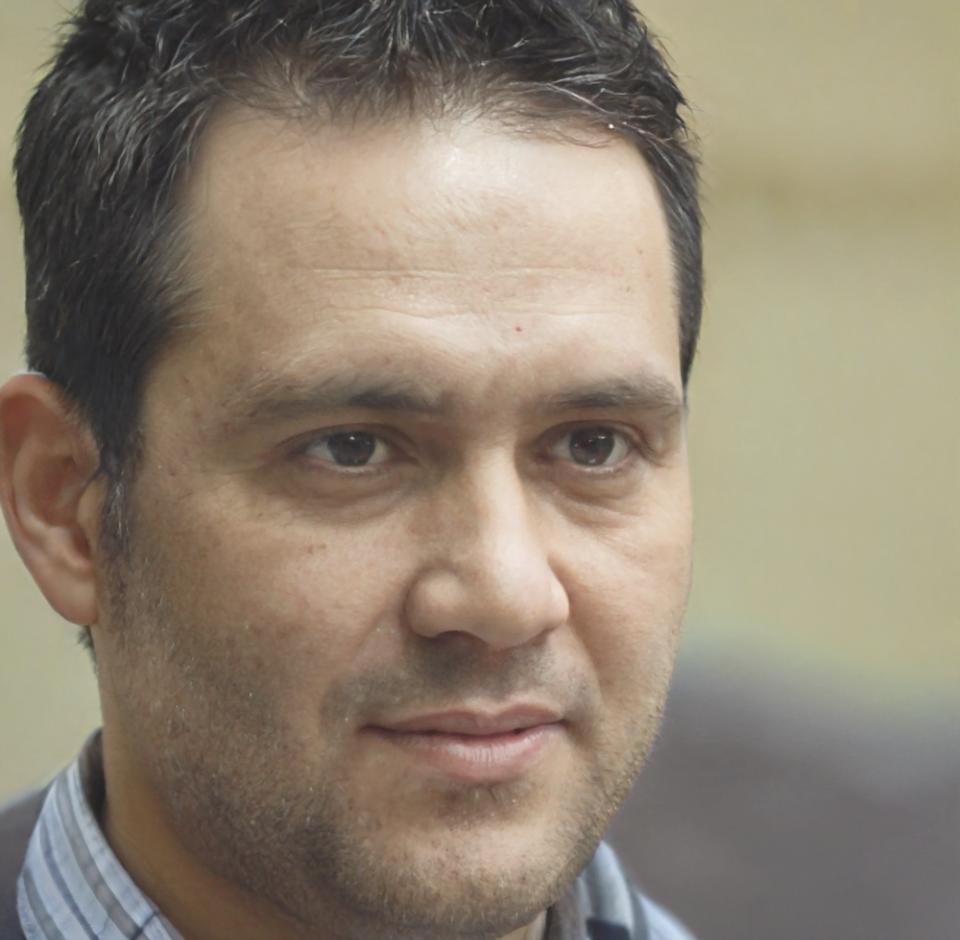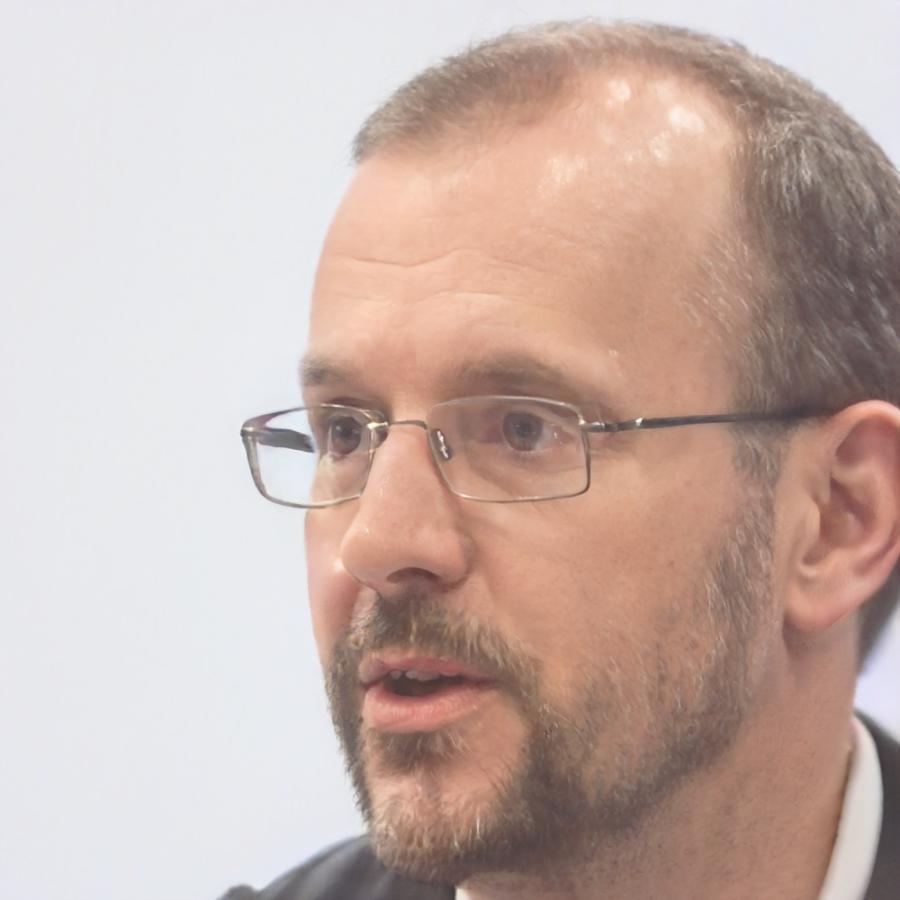Building Financial Understanding From the Ground Up
We started chatneturlplay in early 2023 after watching too many people struggle with financial concepts that should be accessible to everyone. Not because they weren't smart enough – the opposite, really.
Most financial education either dumbs things down to the point of uselessness or assumes you already have an economics degree. We wanted something in between.

Step-by-Step Learning That Actually Makes Sense
We built our curriculum around how people actually learn financial concepts. Start with real-world scenarios, introduce the theory when it's needed, then practice until it clicks.
Most of our team came from traditional finance backgrounds. But teaching made us rethink everything we knew about how financial knowledge gets transferred.
Foundation Building (Months 1-2)
We start with the fundamentals everyone needs but rarely gets taught properly. Balance sheets, cash flow, basic ratios – the stuff that shows up everywhere once you know what you're looking at.
You'll work through simplified company financials, gradually adding complexity as the patterns become familiar.
Pattern Recognition (Months 3-4)
This is where it gets interesting. You begin seeing how financial decisions ripple through organizations. How inventory choices affect cash flow. Why some profitable companies still fail.
We use real case studies from Southeast Asian markets because context matters more than most textbooks admit.
Independent Analysis (Months 5-6)
By now you're working through scenarios with minimal guidance. The training wheels come off gradually – we're still here, but you're doing the thinking.
Final projects involve analyzing actual financial statements and presenting findings. Not hypothetical exercises, real documents from publicly traded companies.
Different Paths to the Same Destination
We've learned that people absorb financial concepts differently. Some need structured schedules. Others prefer working through material at 2am when inspiration strikes. Our program accommodates both.
Self-Directed Learning
All materials available upfront. Work ahead if you want, take breaks when needed. Some students finish in four months, others take eight. Both approaches work.
Cohort-Based Sessions
Regular group meetings for those who prefer structure. Weekly sessions starting September 2025 or January 2026. Same content, different delivery method.
Direct Instructor Access
Questions get answered within 24 hours, usually faster. We maintain small cohort sizes specifically so this remains feasible. Maximum 30 students per instructor.
Practical Tool Training
You'll work with spreadsheets extensively because that's what actual financial analysis involves. We teach the shortcuts nobody bothers explaining but everyone uses.


Financial Literacy Shouldn't Require a Finance Degree
The financial industry has a bad habit of making simple concepts sound complicated. Sometimes that's intentional gatekeeping. Other times it's just people not remembering what it felt like before they understood this stuff.
We're trying to fix that. Not by oversimplifying, but by teaching the actual logic behind financial analysis rather than asking you to memorize formulas.
Practical Over Theoretical
Theory matters, but only when you understand why you need it. We introduce concepts when they solve actual problems you're working through.
Real Data, Real Companies
Every case study uses actual financial statements. You'll work with the same messy, imperfect data that exists in the real world rather than sanitized textbook examples.
Direct Access to Instructors
Small cohorts mean you're not just a number. When something doesn't make sense, you can ask the person who designed the curriculum to explain it differently.


Our Next Cohort Starts September 2025
Applications open in June. We're keeping enrollment at 120 students to maintain the instructor-to-student ratio that makes this approach work. If you're considering it, worth getting on the list early.

